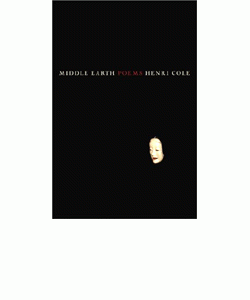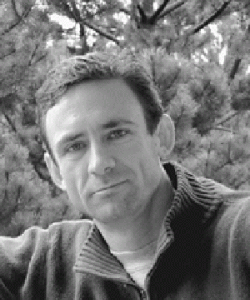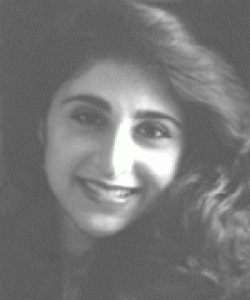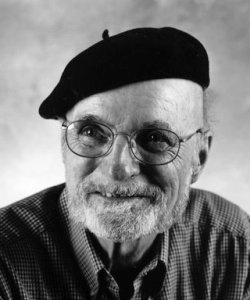An Interview With Poet Vijay Seshadri
Vijay Seshadri was born in Bangalore, India, in 1954, and moved to Columbus, Ohio, at the age of five. He has lived in various parts of the country, including Oregon, where he worked as a commercial fisherman, and as a biologist for the National Marine Fish Service. He drove a truck for a living in San Francisco, and worked briefly as a logger before coming to New York City to study with poet Richard Howard in the master's program at Columbia University.













